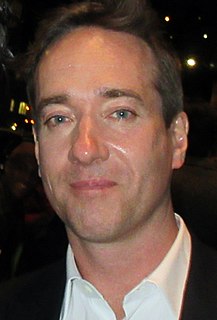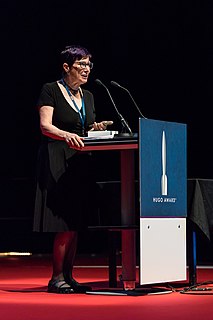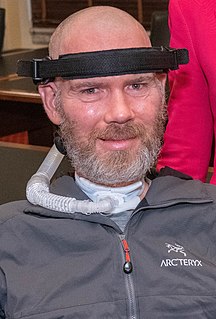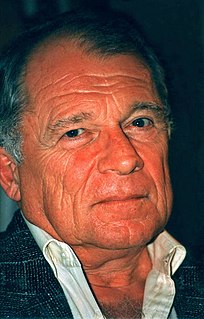A Quote by Denis Diderot
When one compares the talents one has with those of a Leibniz , one is tempted to throw away one's books and go die quietly in the dark of some forgotten corner.
Related Quotes
We're not really afraid to die. We're only afraid of being forgotten. We know that we'll be forgotten, and the idea is unbearable, don't you agree? As time passes we become infrequent visitors in the minds of those left behind. The ones who clear out the house & divide up the belongings. Throw away the rubbish. And forget. If we knew that every evening someone lit a candle and sat down to think – thought about is if only for a few seconds – then we could depart this earth in peace. No-one will light a candle for me. Who would do that?
The anger of the weak never goes away, Professor, it just gets a little moldy. It molds like a beautiful blue cheese in the dark, growing stronger, and more interesting. The poor and the weak die with all their anger intact and probably those angers go on growing in the dark of the grave like the hair and the nails.
My interest is to point out to you that you can walk, and please throw away all those crutches. If you are really handicapped, I wouldn’t advise you to do any such thing. But you are made to feel by other people that you are handicapped so that they could sell you those crutches. Throw them away and you can walk. That’s all that I can say. ‘If I fall....’ - that is your fear. Put the crutches away, and you are not going to fall.
I talk to my inner lover, and I say, why such rush? We sense that there is some sort of spirit that loves birds and animals and the ants- perhaps the same one who gave a radiance to you in your mother's womb. Is it logical you would be walking around entirely orphaned now? The truth is you turned away yourself, and decided to go into the dark alone. Now you are tangled up in others, and have forgotten what you once knew, and that's why everything you do has some weird sense of failure in it.
Ultimately, Leibniz argued, there are only two absolutely simple concepts, God and Nothingness. From these, all other concepts may be constructed, the world, and everything within it, arising from some primordial argument between the deity and nothing whatsoever. And then, by some inscrutable incandescent insight, Leibniz came to see that what is crucial in what he had written is the alternation between God and Nothingness. And for this, the numbers 0 and 1 suffice.




































